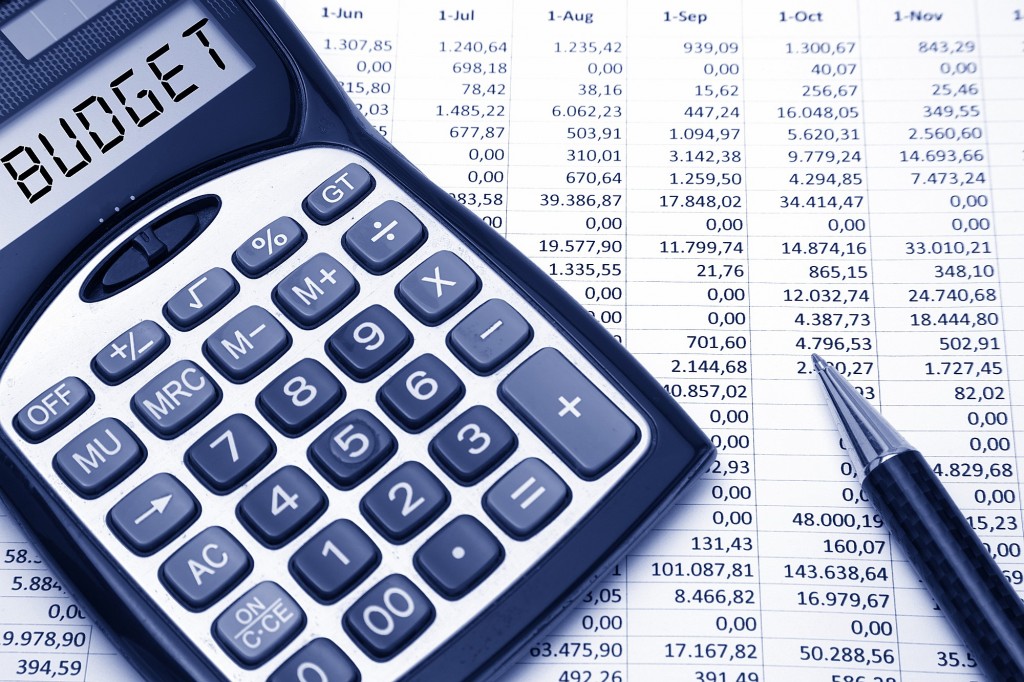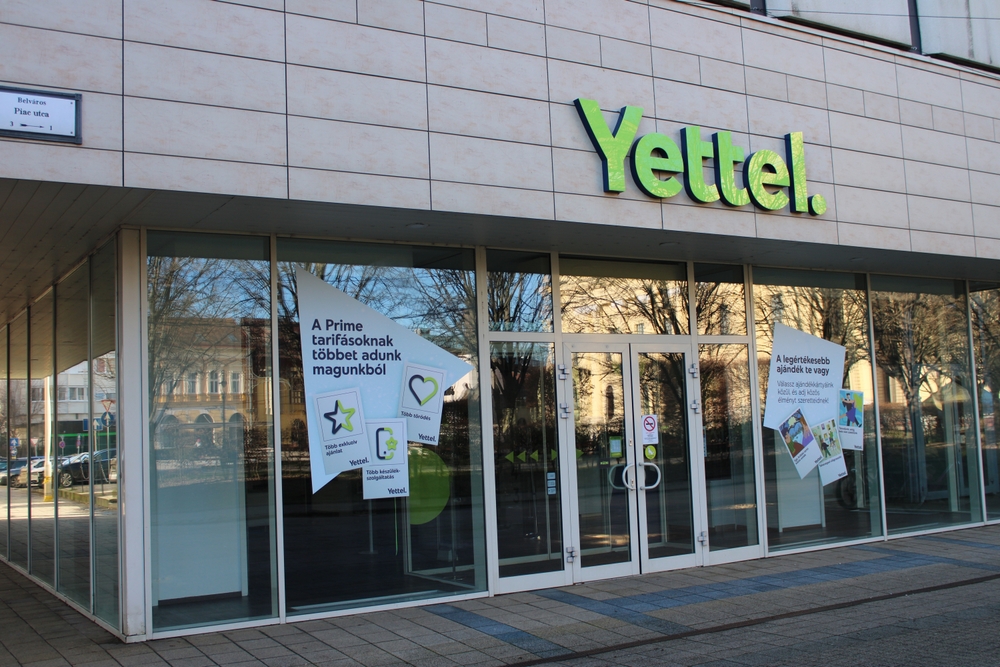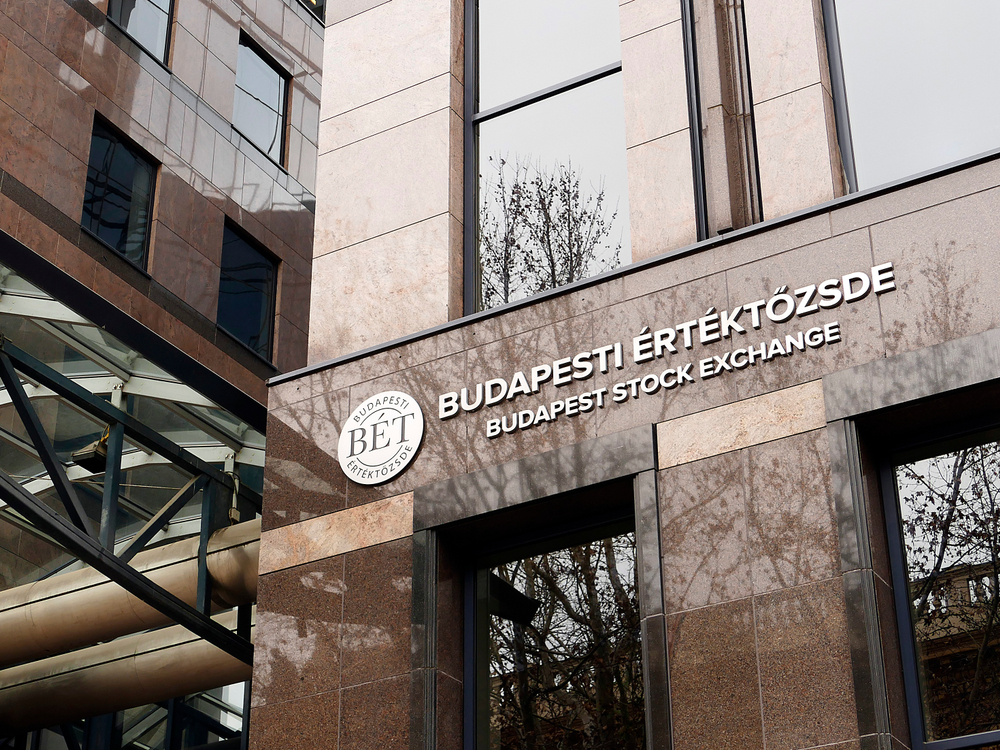Budget bill for 2020 targets narrower deficit, bigger reserves

The 2020 budget bill submitted to lawmakers Tuesday targets a narrower deficit and more than doubles reserves from this year. The bill, submitted by Minister of Finance Mihály Varga, targets revenue of HUF 21.424 trillion and expenditures of HUF 21.791 tln, producing a deficit target of HUF 367.0 billion.
The revenue target is up 9.4% from the target in the 2019 budget. The expenditure target is 5.9% higher. The 2020 deficit target is well under half of the HUF 998.4 bln target for 2019.
The budget bill targets a deficit of 1.0% of GDP, calculated according to the European Unionʼs accrual-based accounting methodology. The target is under the 1.5% target in Hungaryʼs updated Convergence Program submitted to Brussels in April.
Hungaryʼs year-end state debt levels, relative to GDP, are set to fall from the 68.6% targeted for 2019, to 65.5% for 2020, according to the bill.
The bill sets aside HUF 488 bln in reserves, including HUF 378 bln in the National Protection Fund, and HUF 110 bln for "extraordinary government measures," more than double the total of HUF 225 bln of reserves in the 2019 budget.
The cost of debt maintenance targeted in the bill is HUF 1.078 tln, 9.8% over the target for 2019.
The bill assumes GDP growth of "around 4%" and consumer price inflation of 2.8% in 2020.
Soaring tax revenue targets
The bill targets revenue from VAT of HUF 4.968 tln, up 15.8% from the previous yearʼs target. The target for revenue from personal income tax is set to climb 10.5% over the 2019 target to HUF 2.609 tln. Excise tax revenue is targeted at HUF 1.226 tln, 7.5% over the target for this year.
Revenue from fees paid by households is set to rise 19.3% over the 2019 target to reach HUF 229.5 bln. Corporate tax revenue is envisioned at HUF 501.1 bln, 25.4% over the 2019 target.
Revenue from the Small Business Tax (KIVA) is set to climb 75.9% over the 2019 target to HUF 87.6 bln. The rate for companies that opt to pay KIVA will fall from 13% to 12% from the start of next year as part of a package of tax cuts and growth incentives unveiled by the government last week.
Revenue from the Itemized Tax for Small Businesses (KATA) is targeted at HUF 192.6 bln, 41.9% over the target in the 2019 budget.
The bank levy is set to bring in HUF 65.0 bln, 22.9% over the 2019 target, while revenue from the telco tax is targeted at HUF 54.0 bln, up 3.4% from the 2019 target. However, the advertising tax revenue target is set to plunge to HUF 0.5 bln, from the HUF 15.1 bln target in 2019, as the government plans to temporarily reduce the tax to 0%.
Revenue from the tourism development contribution is set to rise 131.6% over this yearʼs target to HUF 35.9 bln in 2020. Commercial accommodation estbalishments will start paying a 4% tourism development contribution from next year, parallel with a reduction in the VAT rate on such services from 18% to 5% under the governmentʼs tax cut package.
Revenue from tolls on commercial vehicles is targeted at HUF 235.2 bln, 18.9% over the 2019 target. Revenue from tolls on passenger vehicles is set to climb 10.0%, reaching HUF 76.0 bln.
Family subsidies hiked; MTA funding slashed
Presenting the budget to Speaker of the House László Kövér, Varga said next yearʼs budget provides support and security for families raising children, and ensures resources to implement the governmentʼs new package of tax cuts and growth incentives.
The budget bill raises support for families by almost HUF 224 bln to HUF 2.228 tln, the minister said. The package of tax cuts and incentives will pump some HUF 500 bln into the economy, he added.
Varga said the allocation for home subsidies has also been raised, to HUF 296 bln, some 22.4% over the figure in this yearʼs budget.
Varga noted that the reserves in the 2020 budget, equivalent to 1% of GDP, were the largest ever, an amount the government decided on in light of ongoing trends in the European Union as well as the global economy.
The bill shows an expanding budget for the National Research, Development and Innovation Fund. Expenditures of the fund are set to reach HUF 137.8 bln, climbing 75.4% over the target in the 2019 budget. At the same time, the bill shows a smaller budget for the Hungarian Academy of Sciences (MTA), with revenue of HUF 6.9 bln, down 84.3% from the 2019 target, and expenditures of HUF 16.9 bln, 69.8% under this yearʼs target. (For the latest on the ongoing controversy over control and funding of the MTA, read here.)
SUPPORT THE BUDAPEST BUSINESS JOURNAL
Producing journalism that is worthy of the name is a costly business. For 27 years, the publishers, editors and reporters of the Budapest Business Journal have striven to bring you business news that works, information that you can trust, that is factual, accurate and presented without fear or favor.
Newspaper organizations across the globe have struggled to find a business model that allows them to continue to excel, without compromising their ability to perform. Most recently, some have experimented with the idea of involving their most important stakeholders, their readers.
We would like to offer that same opportunity to our readers. We would like to invite you to help us deliver the quality business journalism you require. Hit our Support the BBJ button and you can choose the how much and how often you send us your contributions.









